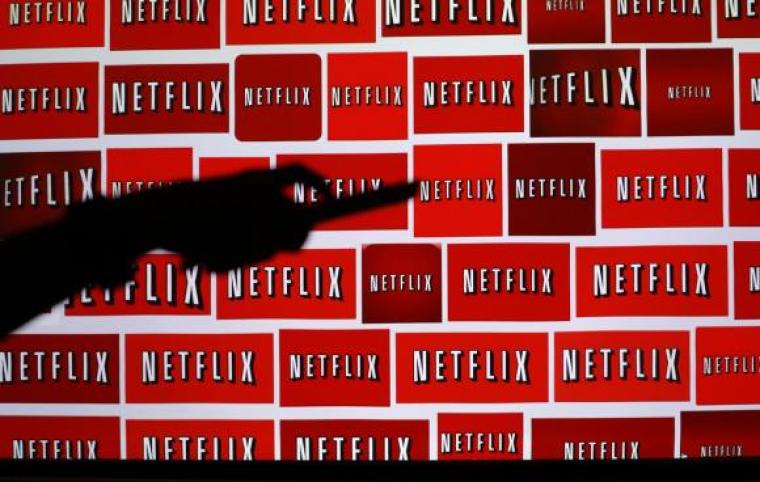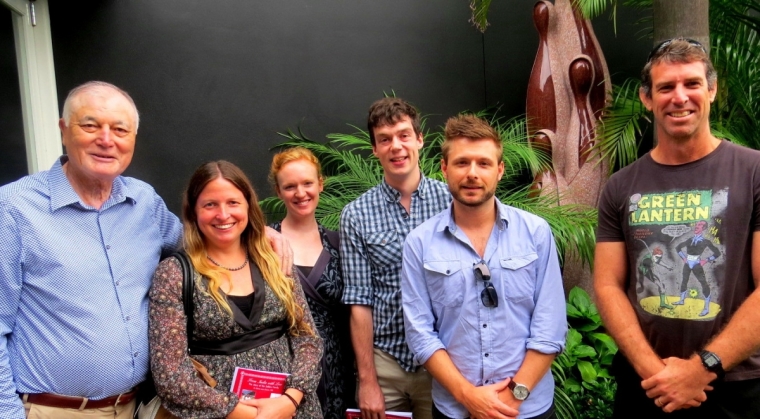

As the U.S home-entertainment streaming service, Netflix, prepares for its first-ever Oceania-region launch, a handful of Australian and New Zealand virtual private networks (VPNs) - which had previously been assisting users in the region access U.S.-only content - reported that Netflix had begun blocking their internet protocol (IP) address ranges. It apparently started during the week of Christmas last year.
In August 2012, a high-technology "tips & tricks" website promoted an "intelligent unblocker who can overcome geo-restriction and connect people with almost every restricted channel they like", after complaining that the geography-based limitations were "unfair".
Just under a year later, campaign director Matt Levey, from the Australian consumer rights group, Choice, spoke to the media in relation to an investigation in which Choice compared the pricing and products of the U.S.-only Netflix with Australia's Quickflix and Foxtel.
Mr Levey encouraged the use of VPNs for Australians—it even provided a how-to guide from May 2013 onwards—after concluding that Australian viewers were "second-class digital citizens".
In addition to the blocked IP address ranges, it appears that bypassing location restrictions is more difficult for users of the newly enhanced version of the Netflix Android app. However, the company remains adamant that it has not taken any action in this area of their business. On Saturday, an official response conveyed that "no change" had been made to the way that Netflix manages VPNs, while the engadget website said that "it's not clear what would have prompted" the company to revise their practice.
As many as 200,000 Australians use the necessary technology to ensure access to Netflix's America-only content. Furthermore, Communications Minister Malcolm Turnbull, one of the chief architects of the new online piracy laws, confirmed in December last year that getting around web-based geographical barriers "is not illegal under the Copyright Act."